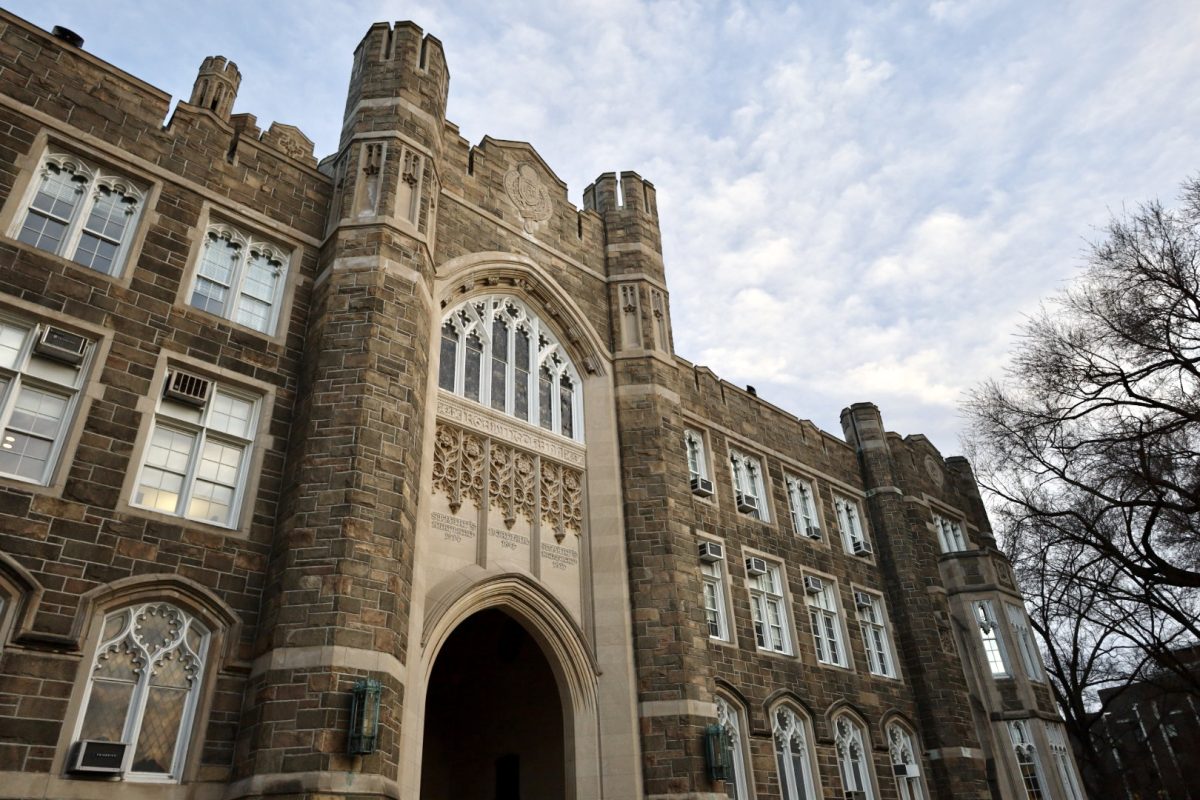After 146 days on strike, the Writers Guild of America (WGA) has finally reached a tentative deal with the Alliance of Motion Pictures and Television Producers (AMPTP). The entertainment industry had been feeling its effects for months, from delays on movie releases and estimated economic losses of over $3 billion. However, some celebrities attempted to continue production on their shows without their writers, much to the disapproval of the WGA. One of the most notable examples was “The Drew Barrymore Show.”
On Sept. 10, weeks before the strike’s end, Drew Barrymore announced in a now-deleted Instagram post that her talk show would return that same month. Barrymore claimed that production on her show would comply with the ongoing Screen Actors Guild and American Federation of Television and Radio Artists (SAG-AFTRA) and WGA strikes. On one hand, Barrymore is allowed to host her talk show as a member of SAG-AFTRA, as there is a separate “contract that covers talk shows, game shows, variety shows and soap operas [that] was renewed and ratified by union members in 2022.”
On the other hand, the WGA claimed that any writing on the show violated their strike rules. The guild released a Twitter statement, stating that her show “is a WGA covered, struck show that is planning to return without its writers. The Guild has, and will continue to, picket struck shows that are in production during the strike.” She received backlash for her show’s return, with other writers echoing a similar sentiment to the WGA’s Twitter statement by calling her a “scab.”
Barrymore initially defended the decision in a now-deleted video: “I wanted to do this because, as I said, this is bigger than me, and there are other people’s jobs on the line.” However, just a few days later, she announced on Instagram that she would halt production on the show until the strikes were over after listening to criticism: “I have no words to express my deepest apologies to anyone I have hurt and, of course, to our incredible team who works on the show and has made it what it is today. We really tried to find our way forward. And I truly hope for a resolution for the entire industry very soon.”
While Barrymore was in a complicated situation, I believe she made the right decision to stop production on her show. The WGA’s strike rules stated that “[writers] may not meet or negotiate with a struck company” or “provide writing services, sell or option literary material to a struck company.” Therefore, any new writing on the show would have violated those rules. The point of the strike was to stop any productions, putting pressure on studio and streaming executives to meet the WGA’s demands. If she had continued production on her show, she would not have been showing support for the writers she employs.
It is difficult to know what her true intentions were in making these decisions. When she decided to bring back her show, was she being greedy and impatient, or was she really supporting her workers? She is still a celebrity and millionaire, meaning that, financially, she was the least affected by the strikes. It is possible that she really did not care about her writers’ concerns and was using the “support” of her other employees to justify her show’s return when she only cared about herself.
However, there was some truth in her reasoning. Other workers, including union members of the International Alliance of Theatrical Stage Employees (IATSE), could not work during the WGA strike because they only worked on struck productions, including movies and television shows. It made sense that she would have wanted to provide her workers with some financial stability, as they, along with the writers, were struggling. At least Barrymore showed (or pretended) she cared about other workers without disregarding the hard work and needs of her writers.
Still, she was misguided in wanting to continue the show prior to the end of the strike. By continuing her show, she, intentionally or not, would have appeared unsupportive of her writers and other struggling workers in the entertainment industry, aligning herself with the AMPTP — the ones who prolonged the strike in the first place by not agreeing to the WGA’s terms. The criticism from the WGA was valid, and I think this situation will affect her public perception for a while, at least among members of the WGA. While the apology seemed fine on its own, as it emphasized the care for her workers and her ability to listen to criticism, it came across as fake. Maybe if she hadn’t released the video doubling down on her initial decision, her apology and backtracking would have been better received.
Even though the WGA strike is ending, Barrymore’s controversy serves as a lesson: celebrities must support and listen to their workers. With the ongoing SAG-AFTRA strike, let’s hope that other celebrities will respect their strike rules as well.







































































































































































































